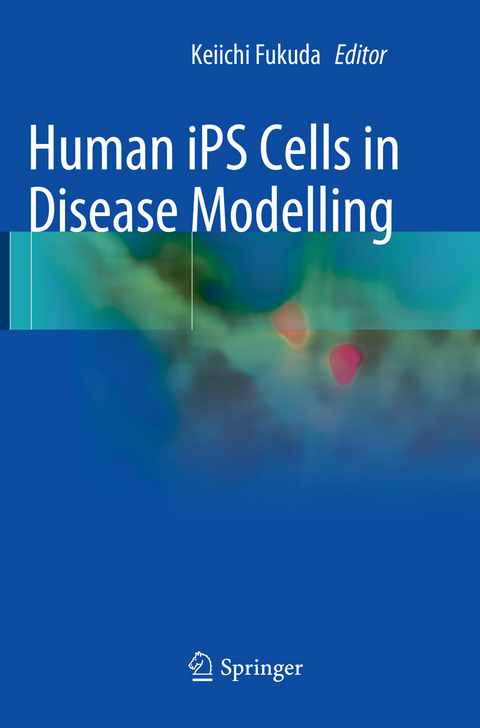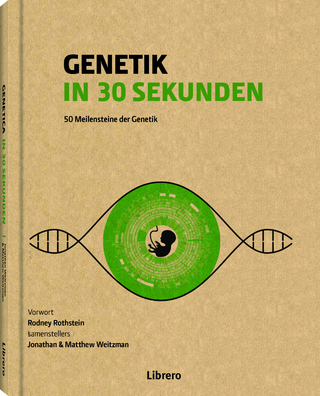
Human iPS Cells in Disease Modelling
Springer Verlag, Japan
978-4-431-56739-4 (ISBN)
Human iPS cells have a great potential to be cell sources for
regenerative medicine because of the promise of infinite self-renewal and the
capability to differentiate into multiple cell types. This book focuses on
another great potential of human iPS cells, which is the establishment of human
disease models using patient-specific iPS cells. Human iPS cells can be easily
obtained from a patient’s somatic cells and provide the entire information on the
patient’s genome. Accordingly, we can generate disease models for inheritable
diseases in cell culture dishes using iPS cells. This is a quite new technique
but holds tremendous potential for our increased understanding of pathogenesis,
and will then be the basis for novel drug development industries. All the
authors are leading researchers in this field and they have reported many kinds
of patient-derived iPS cells. In this book, they introduce the aspects that
could be recapitulated in terms of disease modelling as well as further
innovative findings such as novel pathogenetic insights and novel therapies.
Dr. Keiichi Fukuda obtained PhD degree in Division of Medicine, Keio University Graduate School, Japan in 1987. He started his carrier as an assistant Professor at Keio University, and promoted to full Professor in 2005. He is one of the top scientists in Japan and renowned as he had established a new therapy using regenerated cardiomyocytes obtained from stem cells.
Chapter
1 Recent Improvements and Emerging Issues in iPSC Generation for the Modeling
of Disease.- Chapter 2 Cardiomyopathy.- Chapter 3 Modelling Arrhythmogenic
Right Ventricular Dysplasia/Cardiomyopathy with Patient-specific iPSCs.-
Chapter 4 Cardiac Arrhythmia Modelling Using iPS Cells.- Chapter 5 iPSC Disease
Modeling of Laminopathies.- Chapter 6 Hematological Disorders.- Chapter 7 Inherited
Metabolic Disorders of the Liver.
| Erscheinungsdatum | 27.08.2018 |
|---|---|
| Zusatzinfo | 12 Illustrations, color; 1 Illustrations, black and white; VII, 99 p. 13 illus., 12 illus. in color. |
| Verlagsort | Tokyo |
| Sprache | englisch |
| Maße | 155 x 235 mm |
| Themenwelt | Naturwissenschaften ► Biologie ► Genetik / Molekularbiologie |
| Naturwissenschaften ► Biologie ► Zellbiologie | |
| Schlagworte | cell reprogramming • Disease Modeling • ES cell • induced pluripotent stem cells • iPS cell • iPSCs • stem cel biology |
| ISBN-10 | 4-431-56739-9 / 4431567399 |
| ISBN-13 | 978-4-431-56739-4 / 9784431567394 |
| Zustand | Neuware |
| Haben Sie eine Frage zum Produkt? |
aus dem Bereich


